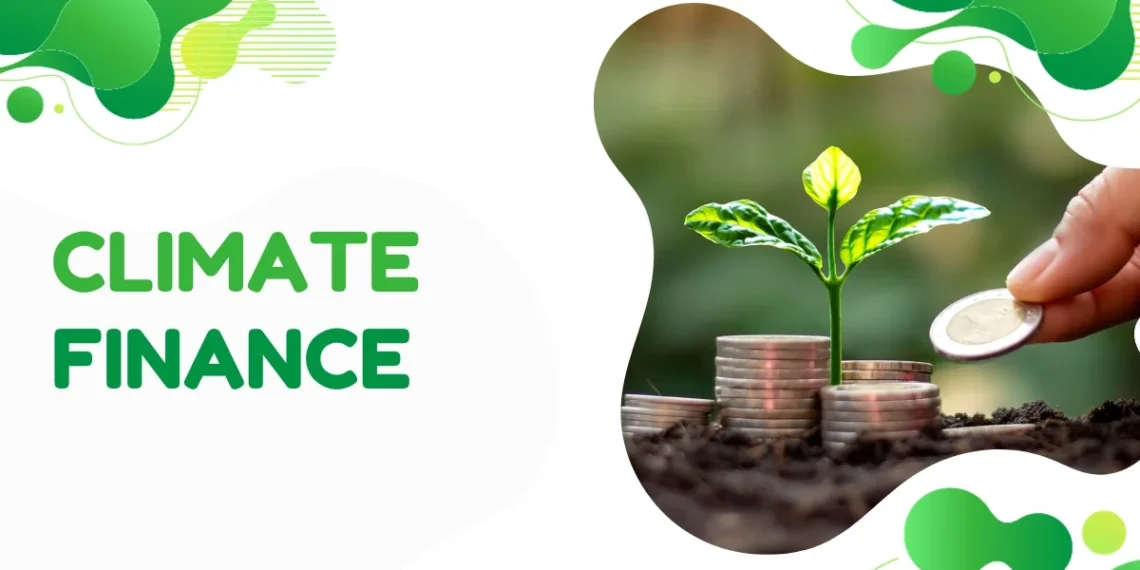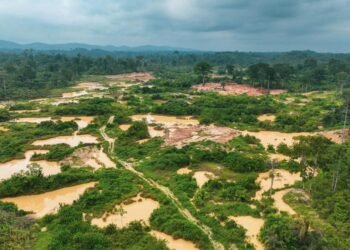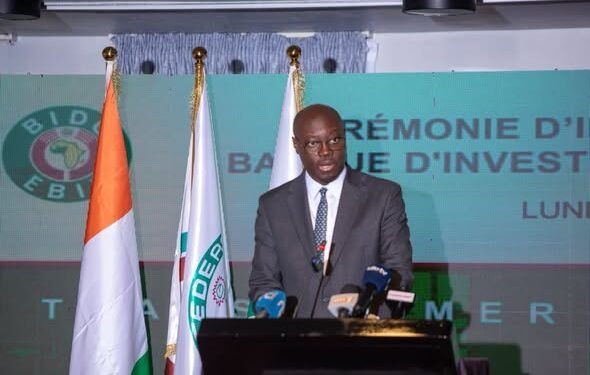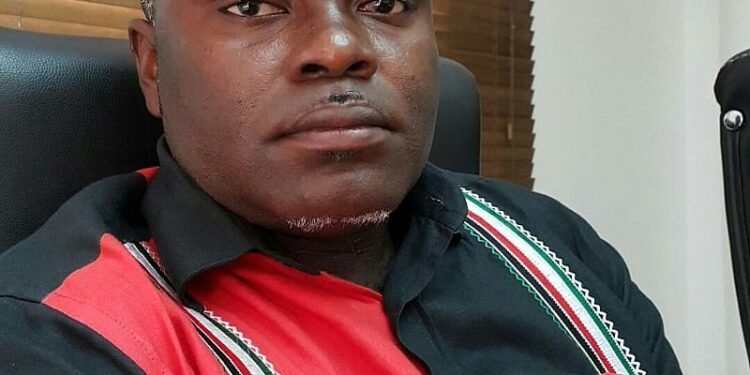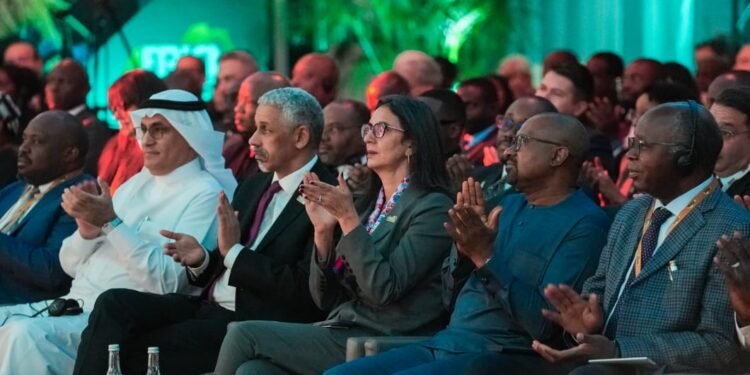Ghana’s economic future is at a critical juncture, with climate change and macroeconomic stability emerging as twin challenges that demand urgent attention.
The quest for economic resilience and climate adaptation took center stage at the latest IMANI Africa Dialogue, which brought together policymakers, economic analysts, and international financial institutions (IFIs) to discuss how Ghana can leverage IFI programmes to ensure climate resilience and sustainable economic growth.
According to the presentation, “Ghana’s economic growth is at a crossroads where climate considerations must be integrated into macroeconomic planning.”
“The intersection of economic resilience and climate adaptation demands a paradigm shift in how Ghana mobilizes resources.
“IFI programmes offer structured financing mechanisms that can help bridge budget gaps while fostering long-term sustainability.”
IMANI Africa
The presentation, titled Climate and Economic Resilience in Ghana: The Role of IFI Programmes in Future-Proofing Macroeconomic Planning, examined how IFIs such as the International Monetary Fund (IMF), World Bank, and African Development Bank (AfDB) are influencing Ghana’s economic strategies.
IMANI’s analysis highlighted the increasing vulnerability of Ghana’s economy to climate-related disruptions. From erratic rainfall affecting agricultural productivity to rising temperatures threatening energy supply and infrastructure, the economic ramifications of climate change cannot be ignored.
A key concern is the country’s heavy dependence on commodities such as cocoa, gold, and oil, all of which are susceptible to climate volatility.
Cocoa production, which accounts for a significant portion of Ghana’s export revenue, faces declining yields due to shifting weather patterns and rising temperatures. “If proactive measures are not taken, the economic impact could be severe,” IMANI warned.
IFI Programmes in Ghana’s Economic Adaptation

International Financial Institutions (IFIs), including the International Monetary Fund (IMF) and the World Bank, have played a crucial role in Ghana’s economic landscape, particularly through policy lending, grants, and infrastructure funding.
IMANI’s report highlighted the importance of these institutions in driving reforms that integrate climate risk into macroeconomic planning.
A major takeaway from the presentation is that IFI-backed initiatives have helped Ghana maintain economic stability despite external shocks.
Structural adjustments and financial assistance programmes have prevented severe fiscal crises, yet IMANI raises concerns about over-reliance on external funding.
“While IFI programmes provide much-needed relief, Ghana must build internal capacity to manage climate risks independently.”
IMANI Africa
One notable IFI initiative is the Climate Resilience and Adaptation Finance (CRAF) programme, which has provided funds for sustainable energy projects and climate adaptation in agriculture.
These projects are crucial as Ghana seeks to diversify its economy and reduce dependency on traditional exports.
Despite the benefits, IFI interventions are not without challenges. IMANI’s analysis reveals concerns over the terms of financial assistance, which often come with strict economic policy conditions.
The think tank warned that Ghana’s debt burden could worsen if careful negotiations are not made. “Balancing fiscal discipline with development goals is key,” IMANI emphasized.
Additionally, the effectiveness of IFI programmes depends on Ghana’s ability to implement reforms efficiently. Issues such as bureaucratic inefficiencies and policy inconsistencies have slowed the impact of these initiatives.
IMANI urged the government to adopt a long-term vision that prioritizes climate adaptation while maintaining fiscal responsibility.
“We need innovative financing models to ensure Ghana benefits from climate resilience without burdening future generations with excessive debt.”
IMANI Africa
Programmes like the Green Climate Fund (GCF) and AfDB’s Adaptation Benefits Mechanism offer grants and concessional loans for climate-smart agriculture and energy projects.
Recommendations for Ghana’s Economic and Climate Resilience
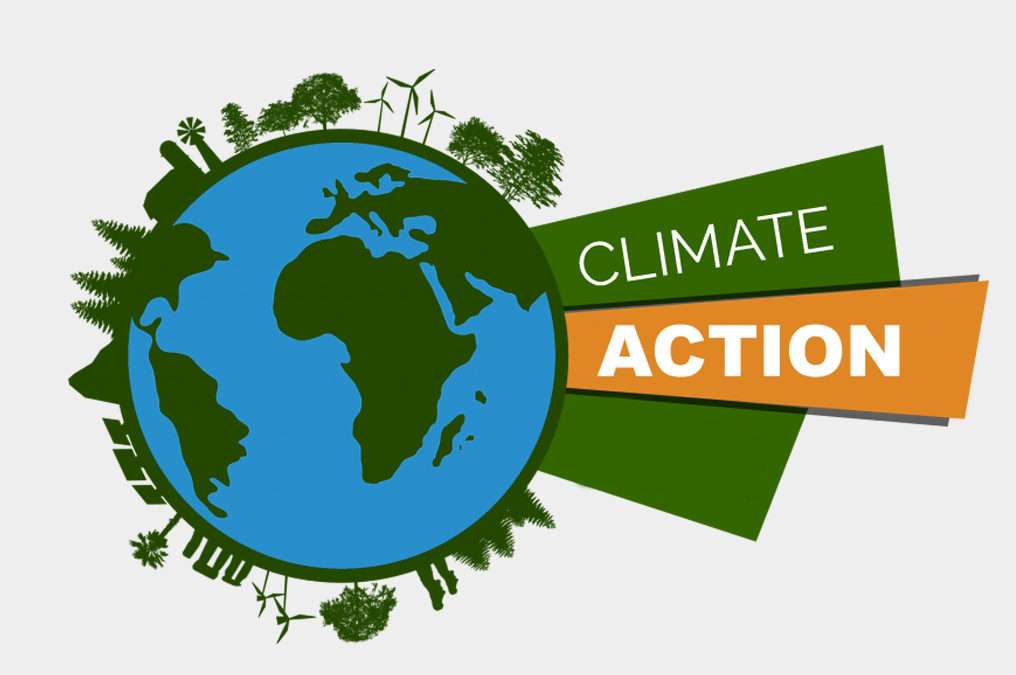
IMANI’s report laid out a series of recommendations aimed at ensuring Ghana’s economy can withstand climate-induced shocks while maximizing the benefits of IFI partnerships.
The government must embed climate considerations into fiscal and monetary policies. “A climate-resilient economy requires proactive policy adjustments,” IMANI asserted.
Reducing over-reliance on IFI funding by improving tax collection and broadening the tax base is crucial. IMANI noted, “Domestic resource mobilization must be a top priority.”
Transitioning to a low-carbon economy through investments in renewable energy can reduce long-term climate vulnerabilities. IMANI highlighted that IFI-supported projects should prioritize green initiatives.
The IMANI Dialogue on Budget Gap Financing for Climate and Economic Resilience reinforced the need for sustainable financial strategies in Ghana’s macroeconomic planning.
IFI programmes remain a crucial tool for stabilizing Ghana’s economy, but long-term success will depend on policy consistency, efficient fund utilization, and stronger public-private collaboration.
As Ghana navigates the complexities of climate adaptation and economic stability, the dialogue’s key takeaway was clear: a proactive approach to financing—one that integrates resilience into economic planning—is imperative for the nation’s future prosperity.
READ ALSO: GoldBod Committee Engages Stakeholders on Gold Trade Reform

